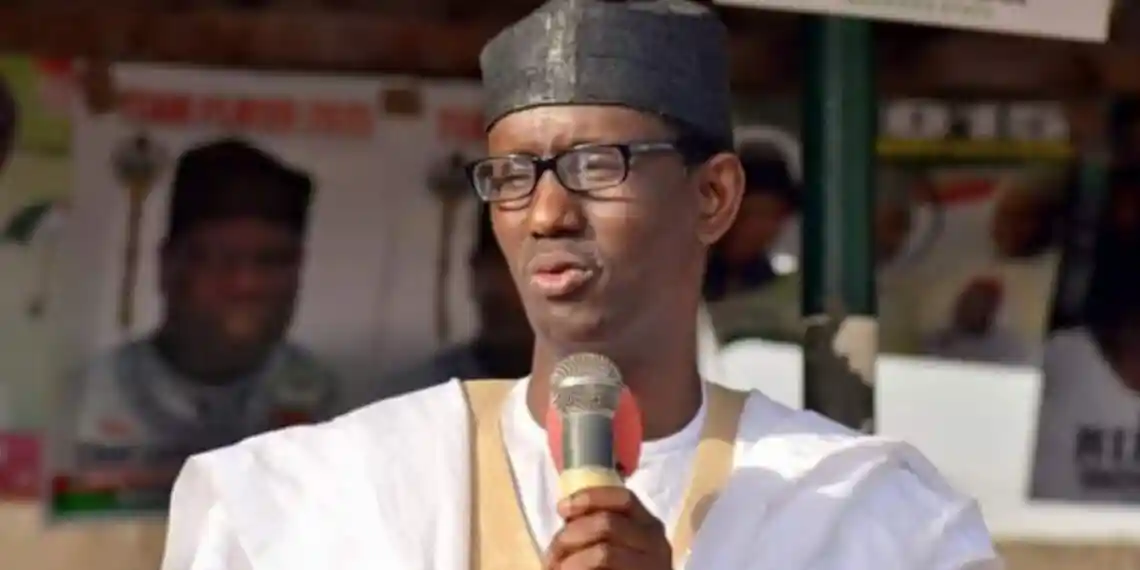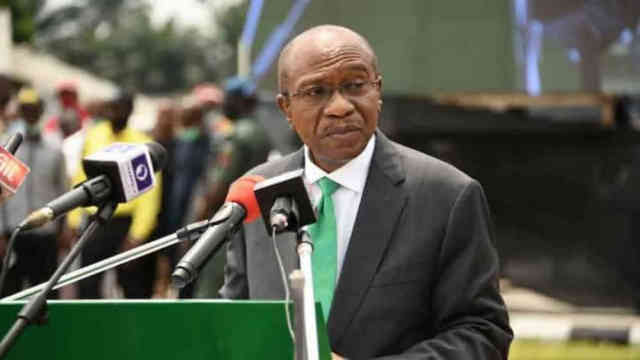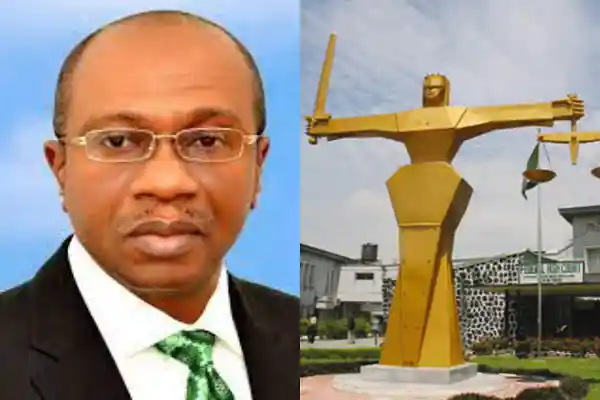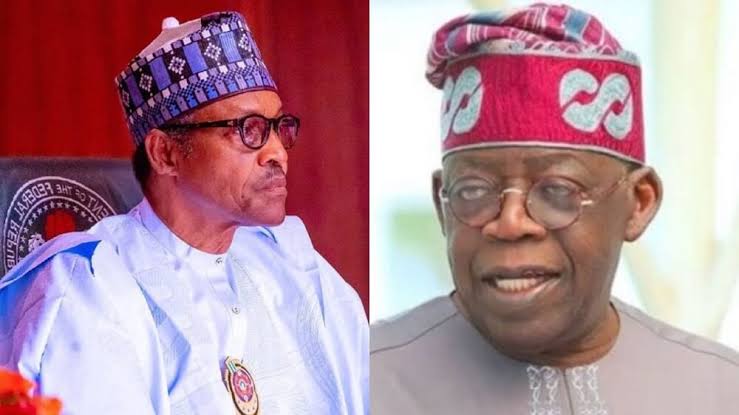The National Security Adviser (NSA), Nuhu Ribadu, has criticized the past administration of Muhammadu Buhari, accusing it of leaving Nigeria in a state of bankruptcy.
Ribadu made these remarks at the Chief of Defence Intelligence Annual Conference 2023 in Abuja. The theme of the conference was “Leveraging Defence Diplomacy and Effective Regional Collaboration for Enhanced National Security.”
Read Also ASUU Joins Nationwide Strike, Citing Unresolved Demands
Ribadu, who formerly chaired the Economic and Financial Crimes Commission (EFCC), asserted that Nigeria faced financial challenges inherited from the previous administration.
Despite this, he assured attendees that the financial situation wouldn’t adversely affect budgetary allocations, particularly for defense.
Read Also Victor Osimhen reveals two Premier League shirts he had growing up
In his statement, Ribadu said, “Yes, we’re facing budgetary constraints. It is okay for me to tell you. Fine, it is important for you to know that we inherited a difficult situation, literally a bankrupt country, no money, to a point where we can say that all the money we’re getting now, we’re paying back what was taken. It is serious!”
He further emphasized the commitment of the current administration to address the challenges and meet the requirements of the armed forces, despite the financial difficulties.
Read Also Dollar to Naira black market exchange rate today Nov 14, 2023: Aboki dollar to Naira today
The NSA’s comments were made in the presence of key figures, including the Minister of Defence, Abubakar Badaru, Minister of State Bello Matawalle, and other top officials from the defence ministry.
The statement from the NSA comes amid recent reports of President Bola Tinubu’s significant expenditures, including a $500,000 stay in a luxury hotel in New York, N5 billion for Presidential yacht and a proposed N13.5 billion ($16.2 million) for the renovation of his official residences in Abuja and Lagos.
Biography of Nuhu Ribadu: Tinubu’s Special Adviser on Security
These expenses have sparked public debate about fiscal responsibility in the face of broader economic challenges.












